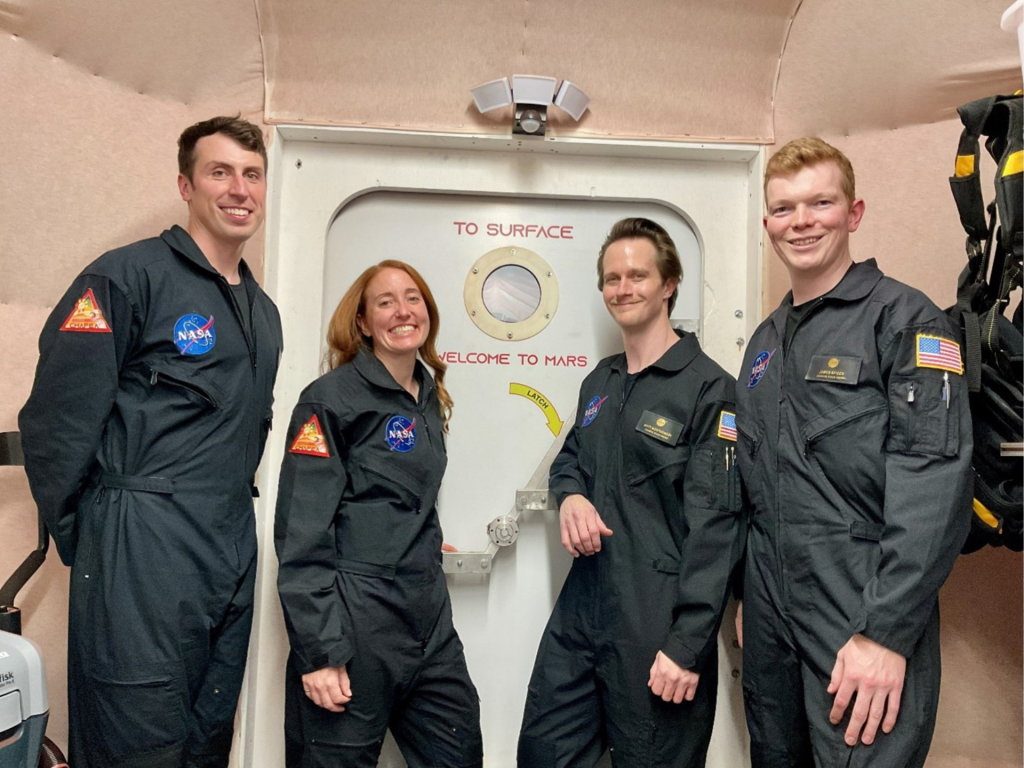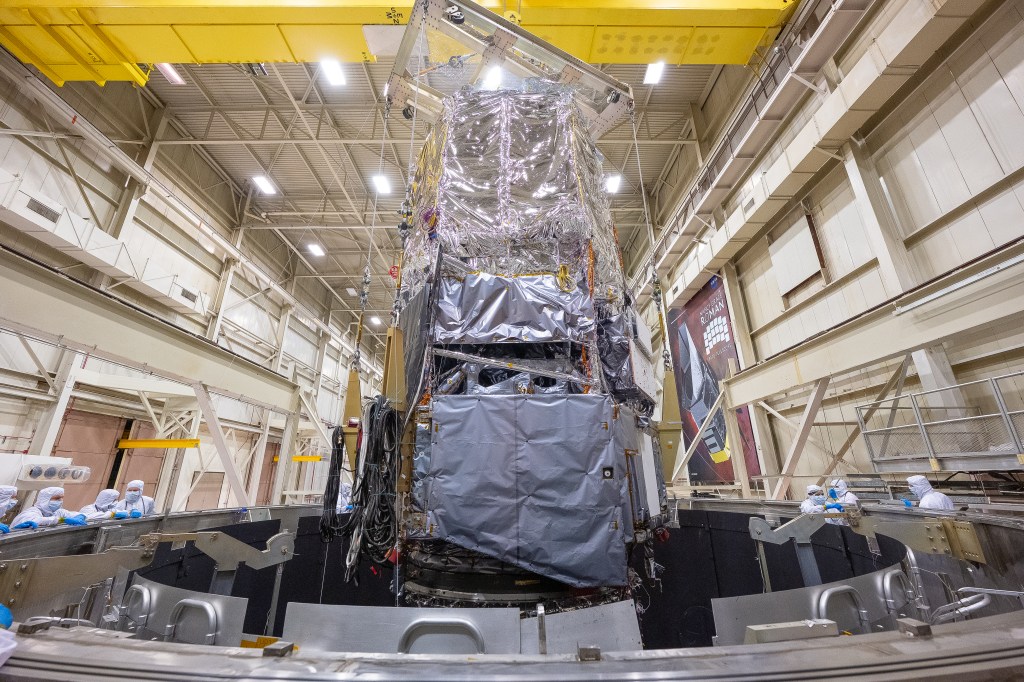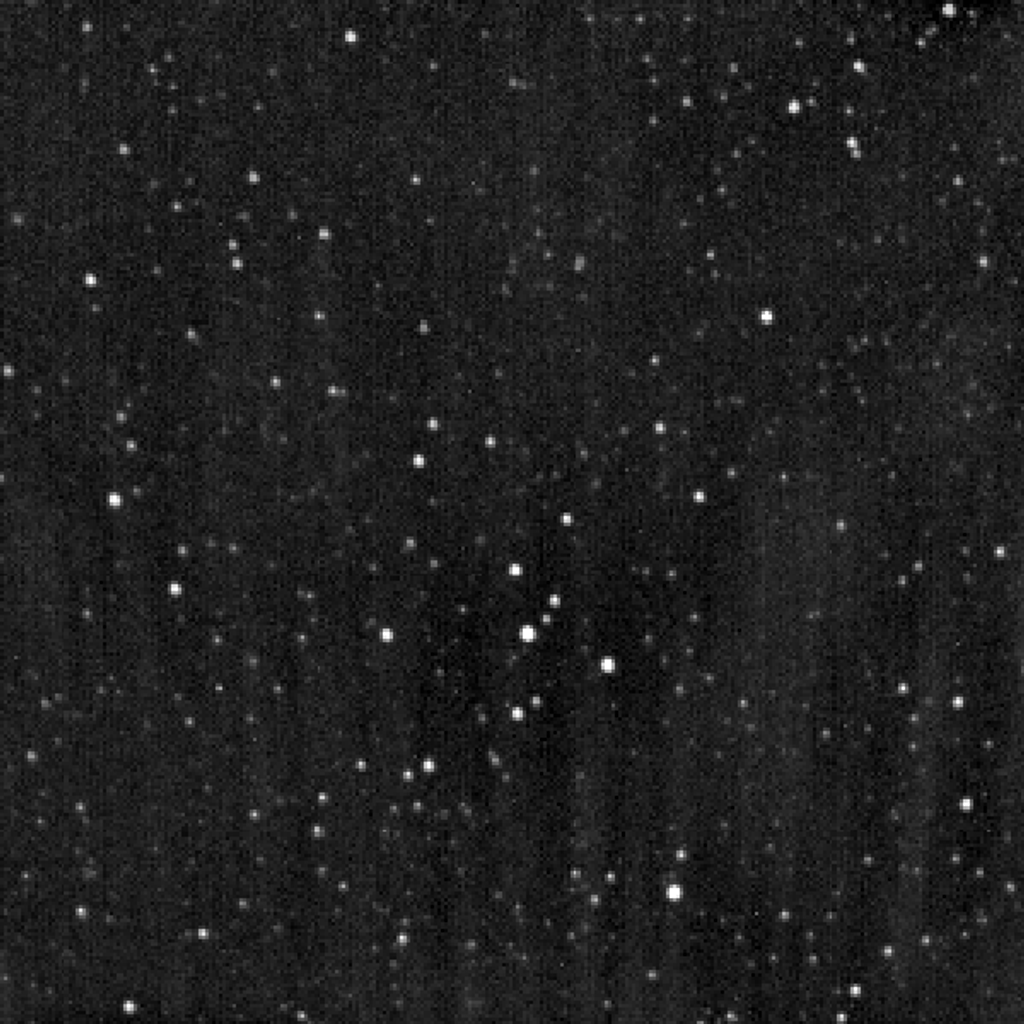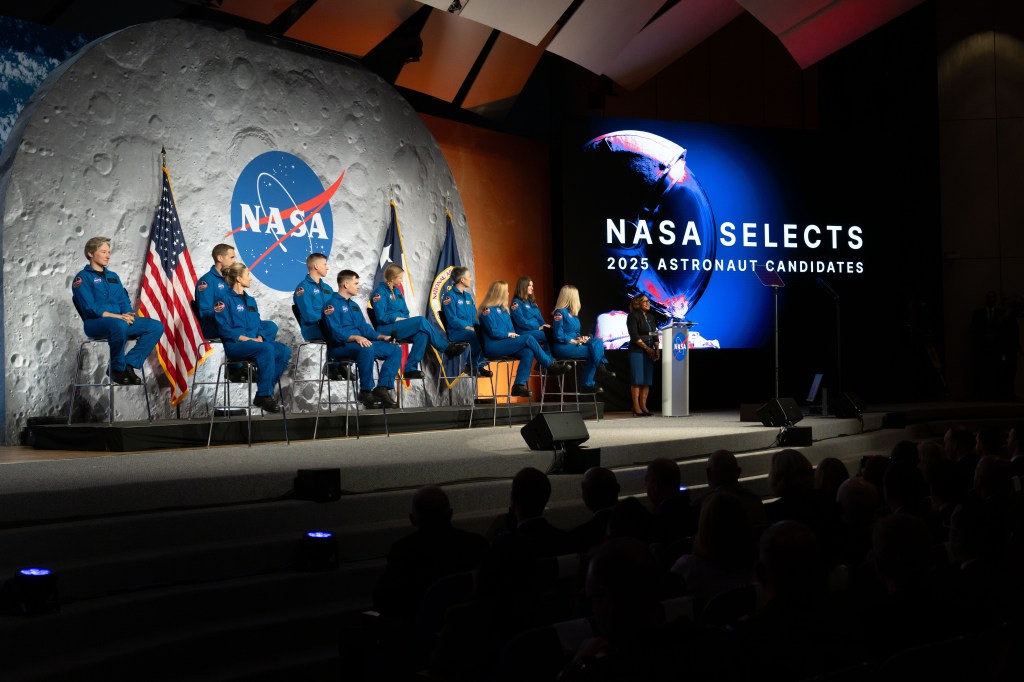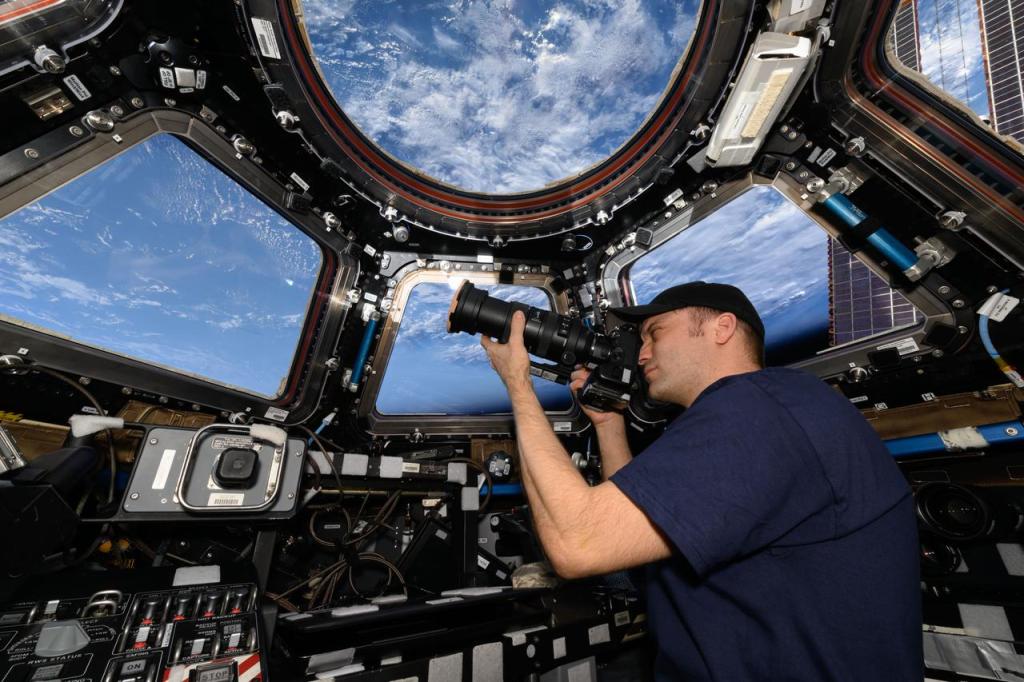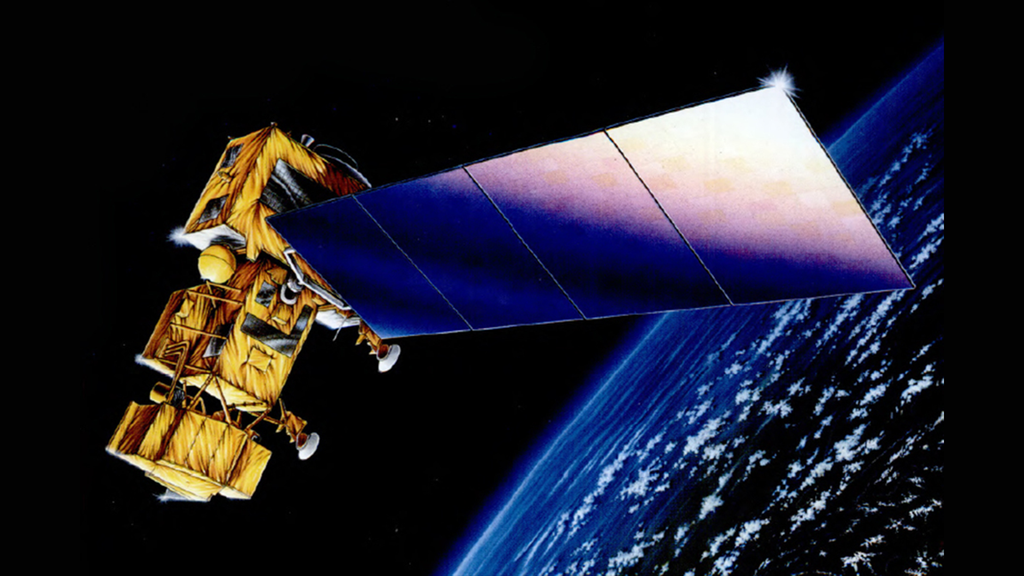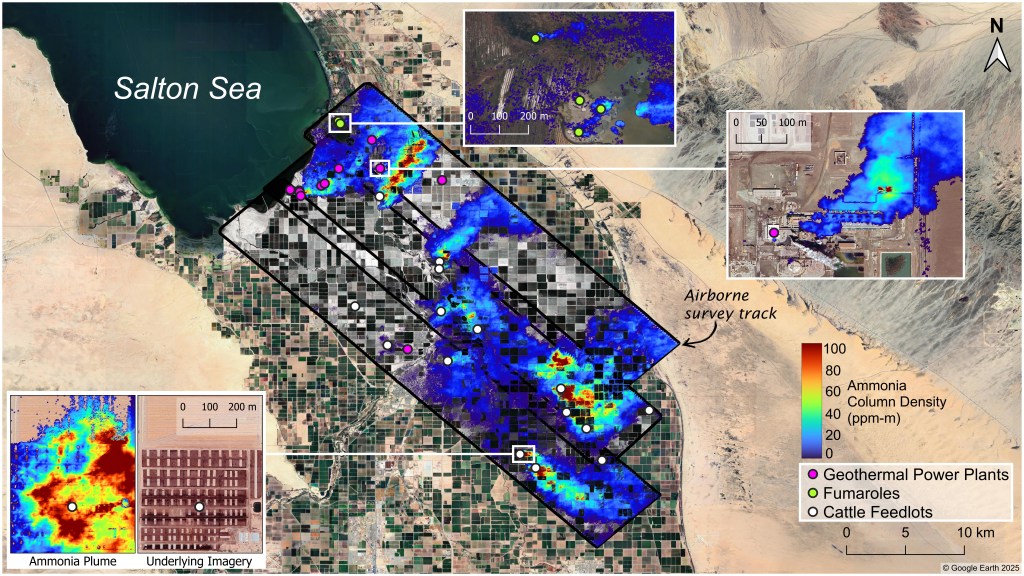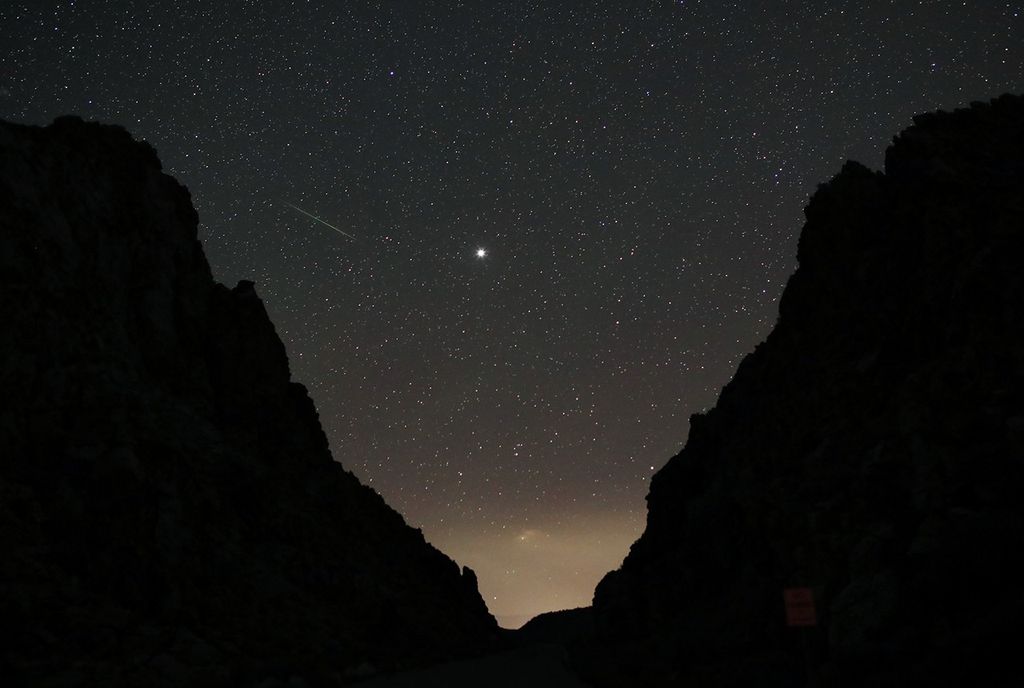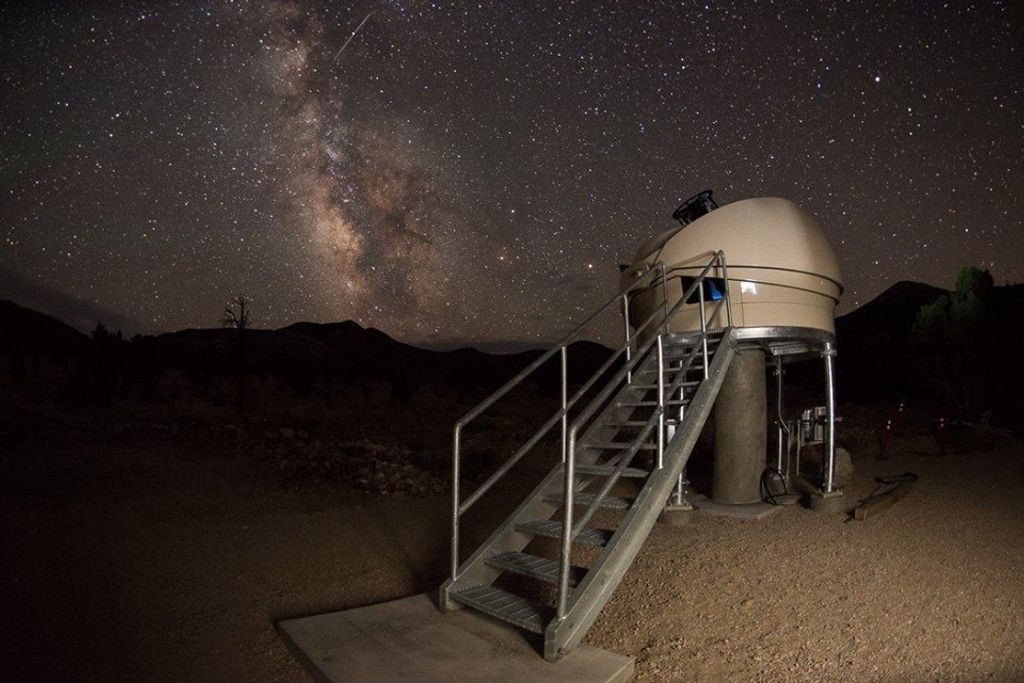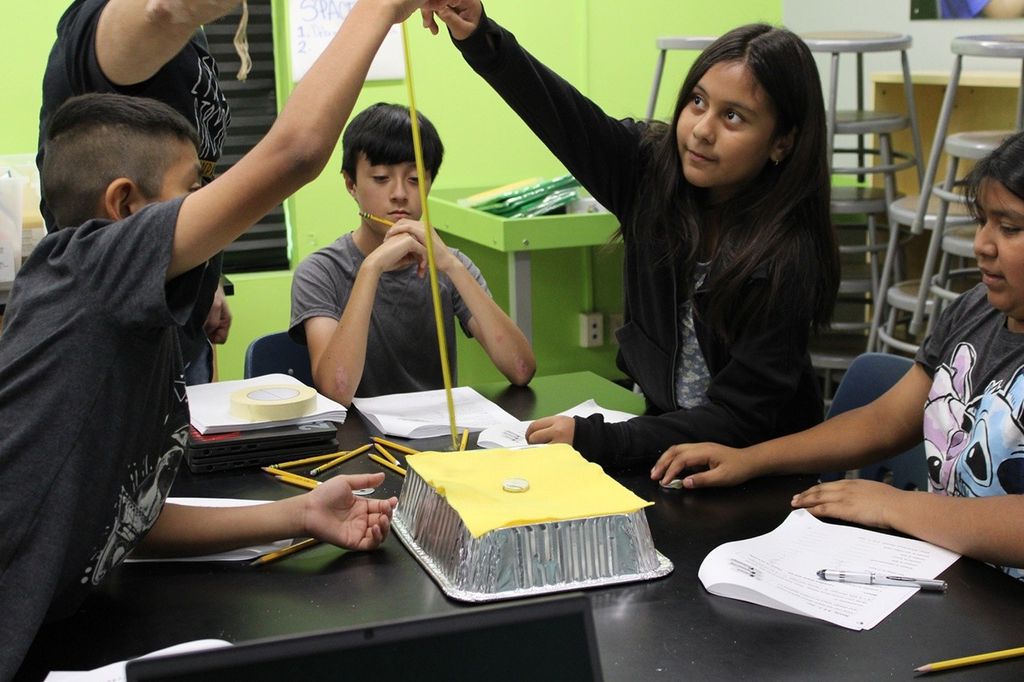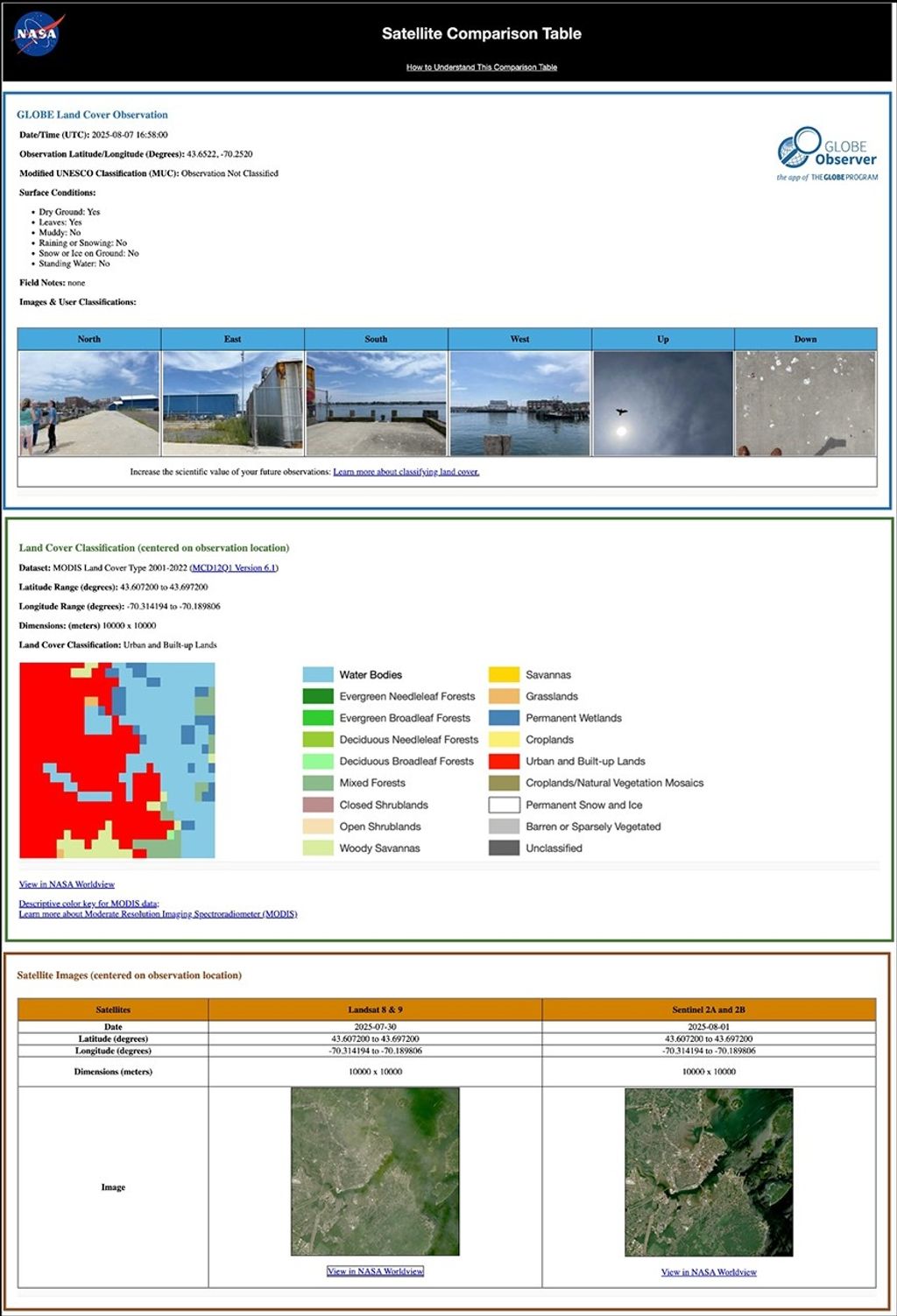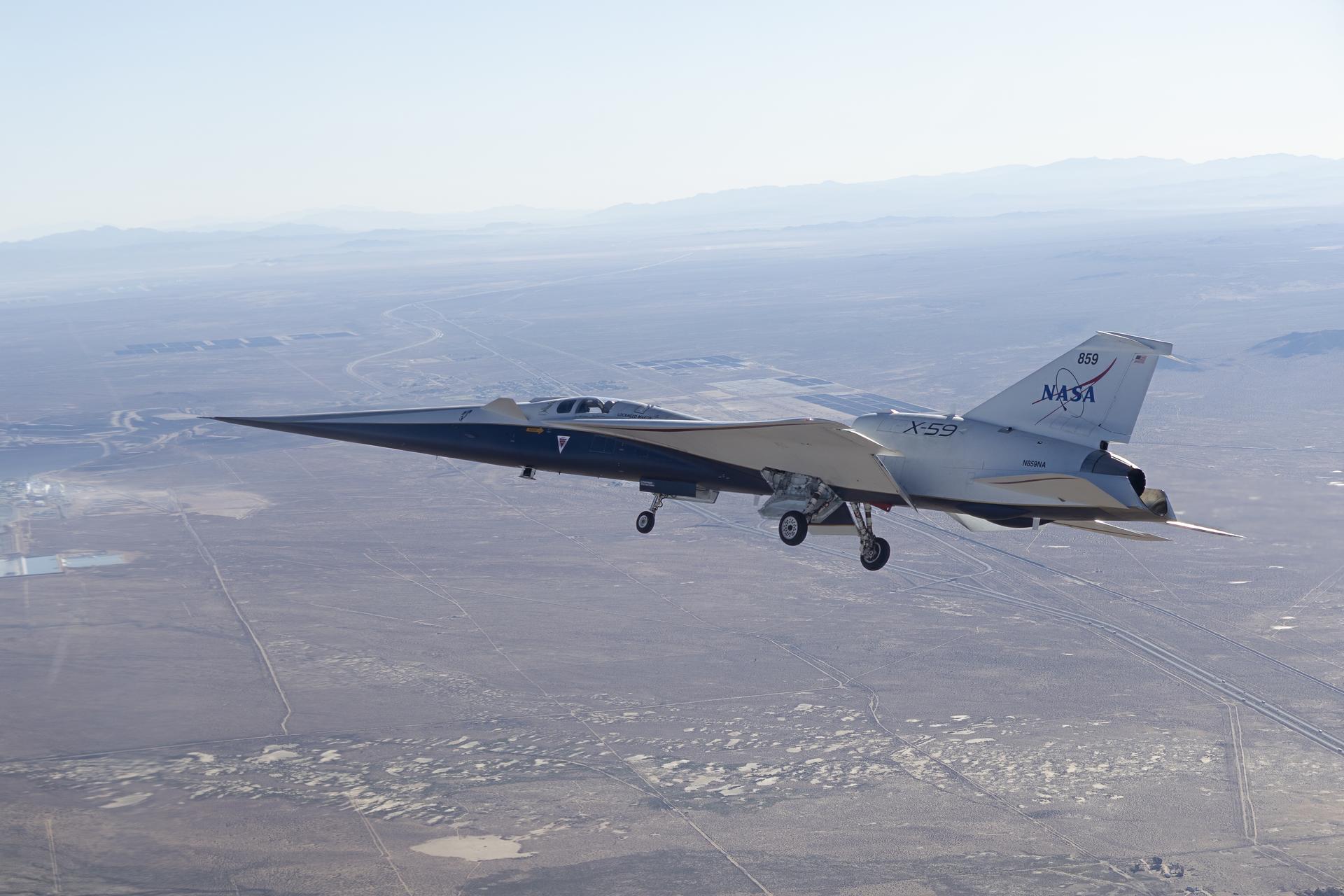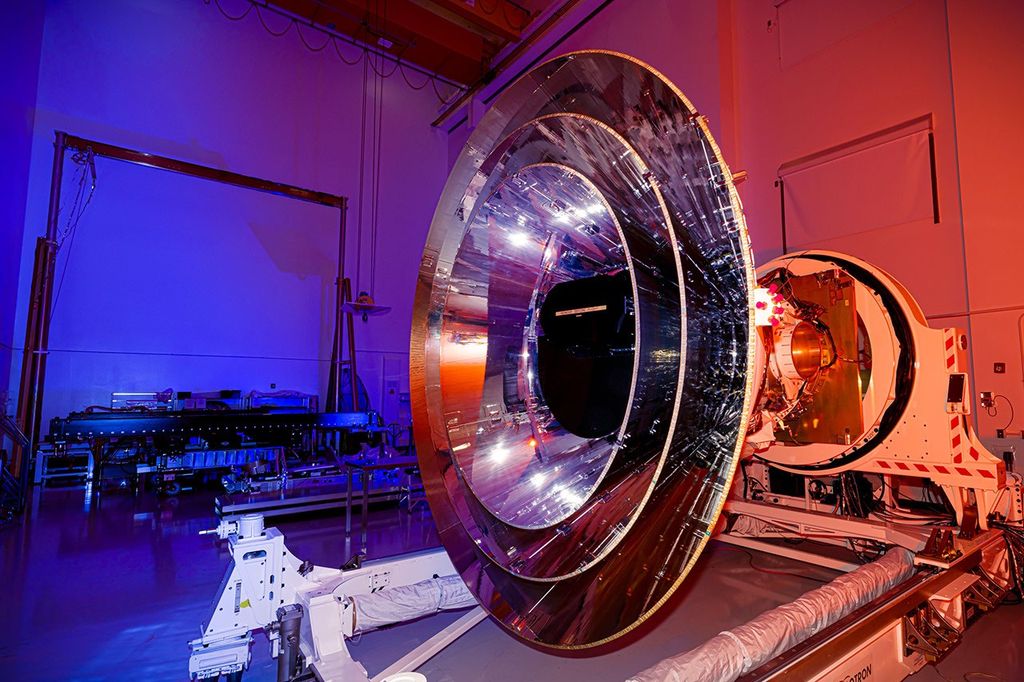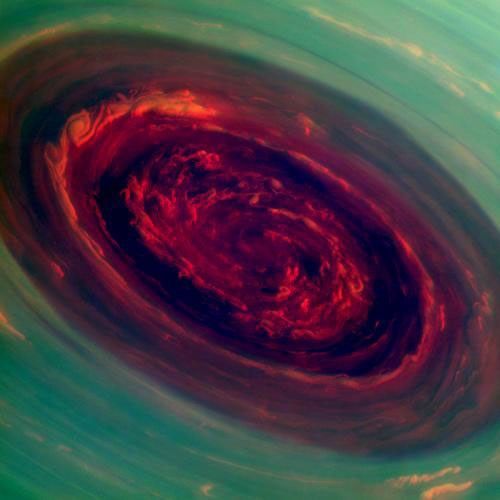PRC FAQ for ROSES
Q1: What is the procedure for getting clarification on whether existing grants or contracts, or proposals submitted in response to the ROSES NRA are subject to the restriction on bilateral activity with China?
A1: Since 2011, as a result of an appropriation law (Public Law 118-42 Section 526), NASA has included in grants, contracts and solicitations clauses telling everyone that proposers and recipients may be ineligible funding if their on-going or proposed work involves bilateral activity with China or Chinese owned companies. This the language that we are now including in our solicitations: "In accordance with restrictions in Appropriation Acts, NASA is prohibited from funding any work that involves the bilateral participation, collaboration, or coordination with China or any Chinese-owned company or entity, whether funded or performed under a no exchange of funds arrangement. Proposals involving bilateral participation, collaboration, or coordination in any way with China or any Chinese-owned company, whether funded or performed under a no exchange of funds arrangement, may be ineligible for award." Please note those words: "… performed under a no exchange of funds arrangement, may be ineligible for award." That means that it's not enough that a NASA grantee simply avoid sending funds to PRC, rather the grantee may not spend any NASA grant money on any part of a bilateral project with PRC. Inquiries regarding solicitations should be directed to the NASA point of contact for that solicitation.
Q2: What about my existing ROSES project from a prior year, is that affected by this? Does the restriction apply to existing research projects that are not yet completed that have involved Chinese involvement in the past?
A2: If a research project continues to involve persons affiliated with China or a Chinese entity, NASA cannot provide incremental funds. If affiliations with China or Chinese entities have ceased and there will be no further affiliation with China or a Chinese entity related to the NASA-funded activity, you should indicate to the contracting officer that this is the case so that funding may continue.
Q3: What about my graduate student, post-doctoral fellow, or other investigator on my team who is not at a Chinese institution but is a Chinese citizen?
A3: The statute does not restrict individual involvement based on citizenship or nationality. Rather, individuals are subject to the restriction if they are affiliated with institutions of the People’s Republic of China or Chinese-owned companies incorporated under the laws of China. Thus, a team member who is a Chinese citizen may work on a NASA project, but an individual affiliated with an institution of the Chinese state will be subject to the statutory restriction.
Q4: May I travel to China to attend conferences?
A4: Public Law 118-42 Section 526 states that NASA may not engage in any bilateral activities with China or Chinese-owned companies. However, NASA employees, contractors and grant recipients are permitted to attend some multilateral, widely-attended conferences such the 2012 IAU General Assembly held in Beijing.
Q5: I note that the language in the law and in ROSES specifies that the restriction is on "bilateral"work, implying that multilateral work funded by NASA may involve investigators at Chinese institutions. What about web sites, are they bilateral?
A5: Work that involves investigators affiliated with institutions in other countries in addition to the PRC and USA and/or work done under the auspices of a multilateral organization is generally permitted. For example, posting content to a publicly accessible web page content does not constitute a bilateral activity. Chinese institutions will continue to have access to NASA public data, data products, publications etc., and NASA funded investigators can use publically available data from China.
Q6: What about co-authorship of papers in preparation or in press describing research that was done with investigators at Chinese institutions previously when there was no restriction?
A6: Papers that include authors from only the USA and PRC are considered bilateral activities, so NASA funds allocated to an award after June 2011 may not be used to cover page charges and other expenses. Papers that include authors from other countries in addition to the USA and PRC are generally considered to be multilateral activities; thus, NASA funds may be used.
Q7: May I use Chinese data (e.g., from ground stations) to perform scientific research?
A7: Yes, if the data is publicly available. Because of the restrictions on bilateral activities with China, NASA-sponsored researchers are not allowed to enter into any agreement with Chinese organizations to obtain access to data (e.g., a NASA researcher may not sign or orally agree to any contract or agreement). If access can be obtained without such agreement, or through the data archives of multilateral groups which include China as a member then the activity is permitted.
Q8: May a NASA employee or contractor conduct general scientific discussions with PRC researchers?
A8: General scientific discussions do not constitute a bilateral policy, program, order, or contract and thus are permitted. However, these discussions must not involve discussions of bilateral collaboration between NASA and Chinese entities.
Q9: If I conduct NSF funded research in the PRC and/or with scientists affiliated with a PRC institution, am I barred from getting a NASA grant?
A9: The restriction only applies to NASA funds. It is acceptable as long as you keep your NASA projects and your PRC related projects separate, i.e., don't use any NASA funds for projects with the PRC and don't involve any scientists affiliated with an institution in the PRC in your NASA projects.
Q10: May I review a manuscript submitted to a science journal by authors affiliated with a Chinese institution?
A10: Yes. The restriction does not apply if serving as a journal reviewer is not part of your NASA project nor otherwise funded by NASA. If serving as a reviewer is funded by NASA, then you may still review manuscripts from journals that are not in the PRC, even those that have authors affiliated with institutions in the PRC.
Q11: If a proposal involves bilateral collaboration with a company or institution in Hong Kong or Macau, should the proposer check the "yes" box in NSPIRES for bilateral collaboration with China? What about Taiwan?
A11: A proposer must check “yes” in NSPIRES indicating bilateral collaboration with China if the proposal involves bilateral collaboration with a company or institution in Hong Kong or Macau. Proposers with collaborators from Taiwan do NOT check the box in NSPIRES indicating collaboration with China for the purpose of Public Law 118-42 Section 526.
Please direct questions or corrections on this page to SARA@nasa.gov


